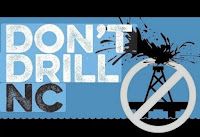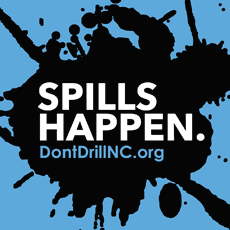North Carolina’s waterways are beautiful, but they come with rules that can trip up even seasoned captains. Here are the top 10 mistakes boaters often make in NC that can lead to tickets or worse:
⚓ 1. Operating Without a Boater Education Card
Anyone born on or after January 1, 1988 must carry proof of boater education when operating a vessel with a motor of 10 HP or more.
🚨 2. Not Having Enough Life Jackets
You need one U.S. Coast Guard-approved life jacket per person onboard — and kids under 13 must wear them at all times while underway.
🛥️ 3. Speeding in No-Wake Zones
Blasting through marinas or near docks at full throttle is a surefire way to get flagged down by wildlife officers.
🍻 4. Boating Under the Influence (BUI)
Just like driving, boating while impaired is illegal. NC has strict BUI laws, and penalties can include jail time and loss of boating privileges.
🔦 5. Missing Required Safety Equipment
This includes fire extinguishers, navigation lights, sound-producing devices (like a whistle or horn), and a throwable flotation device.
📜 6. Not Registering or Displaying Numbers Properly
Your boat must be registered with visible numbers and decals. Faded, missing, or improperly placed numbers can lead to fines.
🧭 7. Ignoring Navigation Rules
Failing to yield, cutting across channels, or not knowing “Red Right Returning” can cause accidents — and citations.
📵 8. No Engine Cut-Off Switch (ECOS)
Federal law requires an ECOS on certain boats. Not using it when required can result in a ticket.
🌊 9. Overloading the Boat
Exceeding the boat’s capacity plate (by weight or passengers) is dangerous and illegal.
📋 10. Not Filing a Float Plan or Checking Weather
While not always ticketed, heading out without telling someone your plan or ignoring weather advisories can lead to search-and-rescue situations — and scrutiny from authorities.



